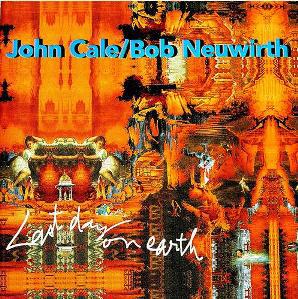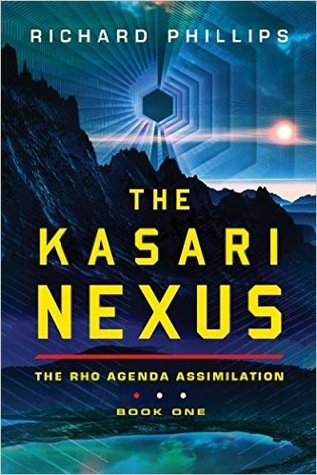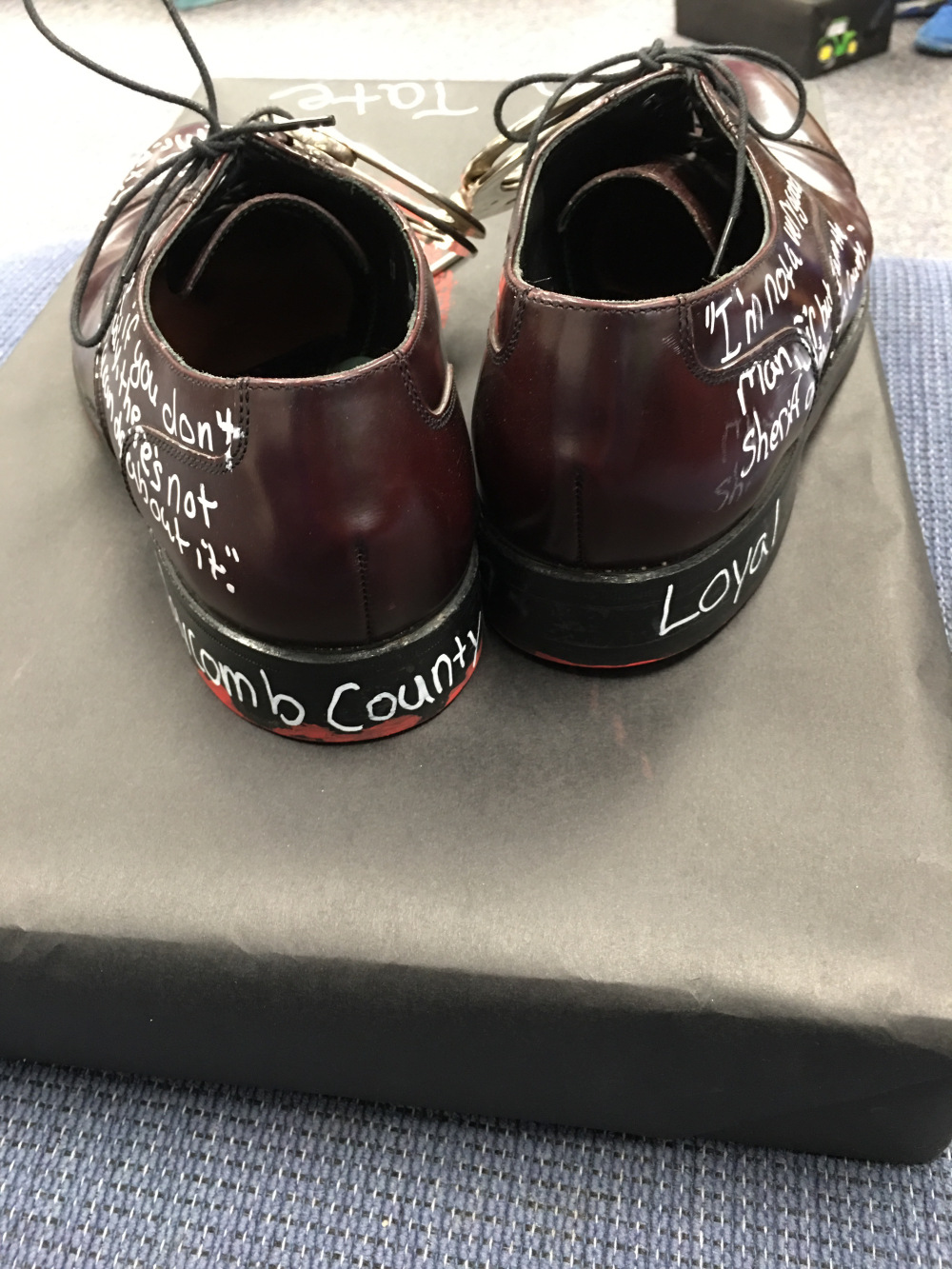Yeah, yeah yeah, yeah
唯唯諾諾
i.i.daku.daku
Literally: only – only – agreement – agreement
Alternately: Going along with what someone says without considering the merits or the rights-and-wrongs of it. Yes-manning.
Notes: Despite the literal meanings listed above, my sources note that both 唯 and 諾 are ways of saying “yes,” – where the former is an immediate affirmative response and the latter is expressing consent – meaning this yojijukugo’s structure is literally the same idea expressed four times in a row for extra emphasis.
This phrase is similar to 付和雷同 but with more of an emphasis on the lack of concern for good or bad, which makes it pretty topical.
Note that pronouncing 唯 as yui or replacing it with homophone 易 (i) are both considered errors. However, using the doubling mark to write 唯々諾々 is 100% valid.

Also the name of chapter 84 of the Broken Blade manga, but you knew that. Yes, yes you did.
Sharing is caring!- More





